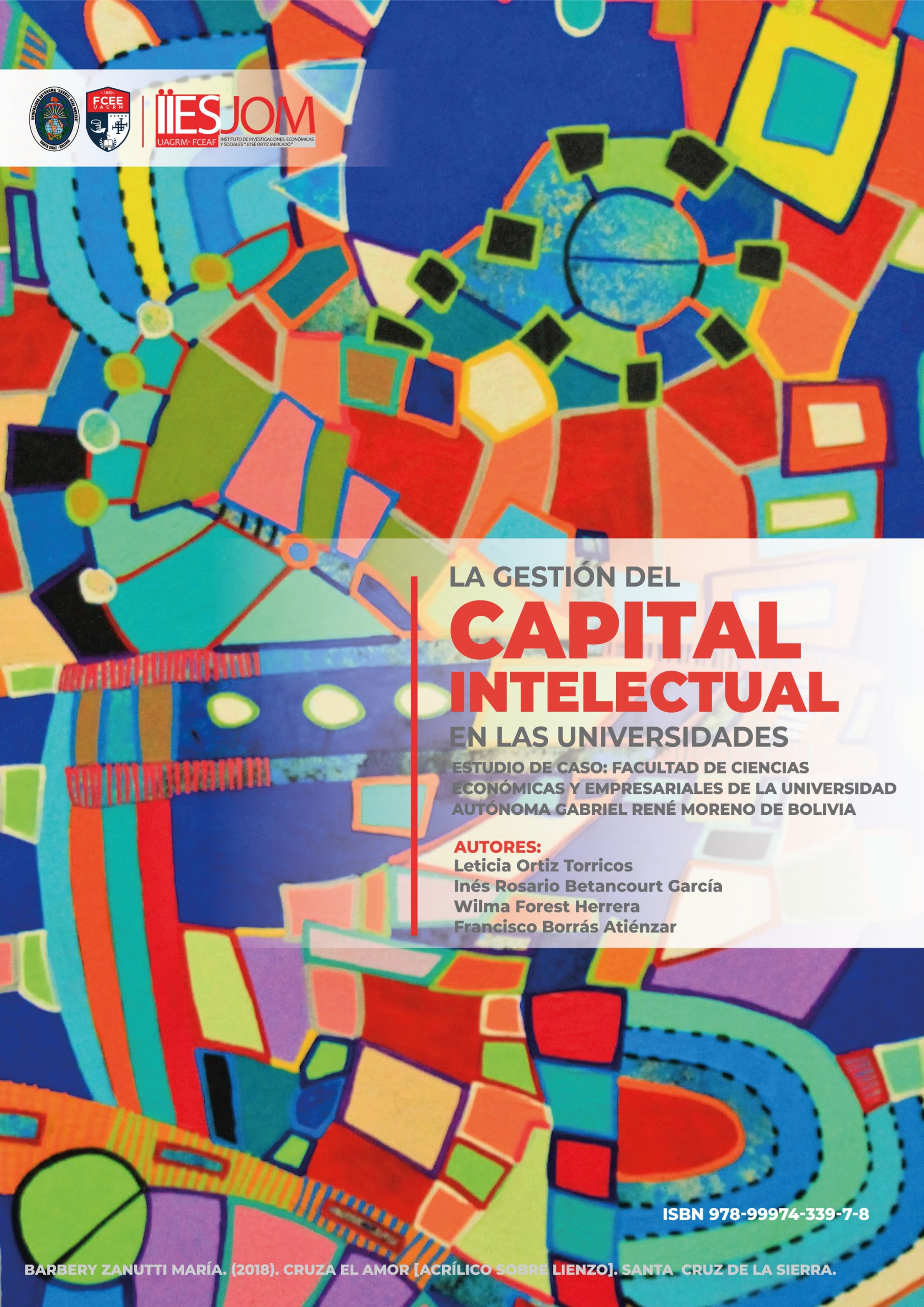MERCADO LABORAL FEMENINO Y CAPITAL SOCIAL, NECESIDADES DE CUIDADOS E INCLUSIÓN FINANCIERA
FEMALE LABOUR MARKET AND SOCIAL CAPITAL, CARE NEEDS AND FINANCIAL INCLUSION
Resumen: Las mujeres enfrentan restricciones de tiempo y recursos, tienen que dedicar tiempo a cuidar de sus hijos, a personas de la tercera edad y a familiares enfermos, a la vez tienen que encontrar recursos para efectuar sus gastos diarios y cubrir emergencias lo que limita su participación en el mercado laboral formal. Las mujeres usan su tiempo para satisfacer sus necesidades de cuidados, usan su capital social para obtener recursos y lograr inclusión financiera mientras tienen que trabajar. El objetivo de este estudio consiste en analizar los efectos del capital social, la inclusión financiera y las necesidades de cuidados de las mujeres en la oferta de trabajo. Para ello se estiman modelos probit ordenados con corrección de sesgo de selección de Heckman utilizando datos a nivel individual y municipal de encuestas mexicanas. Los resultados muestran que cuando las mujeres usan su capital social para encontrar trabajo y cubrir sus necesidades de cuidados, es más probable que trabajen más horas o que trabajen a tiempo completo y que cuando tienen inclusión financiera tienen más probabilidades de estar trabajando.
Palabras clave: Mercado laboral femenino, capital social, necesidades de cuidados, inclusión financiera.
Abstract: Women face restrictions of time and resources, they have to spend time to take care for their children, their elderly and sick family, at the same time they have to find resources for daily expenditures and emergencies which limits their participation in the formal labor market. Women use their time to meet their care needs, use their social capital to obtain resources and achieve financial inclusion while they have to work. This study aims to analyze the effects of women’s social capital, financial inclusion and care needs on her labor supply. They were estimated ordered probit models with Heckman´s selection bias correction using data at the individual and municipal level from Mexican Surveys. Results show that when women use their social capital to find jobs and cover their care needs, they are more likely to work more hours or to work full-time, and when they have financial inclusion they are more likely to be working.
Key words: Female labor market, social capital, care needs, financial inclusion.
Clasificación JEL: J16, J71, A13, I11, G21.
Autores: Patrícia López Rodríguez y Mónica E. Orozco Corona.


Dejar una contestacion